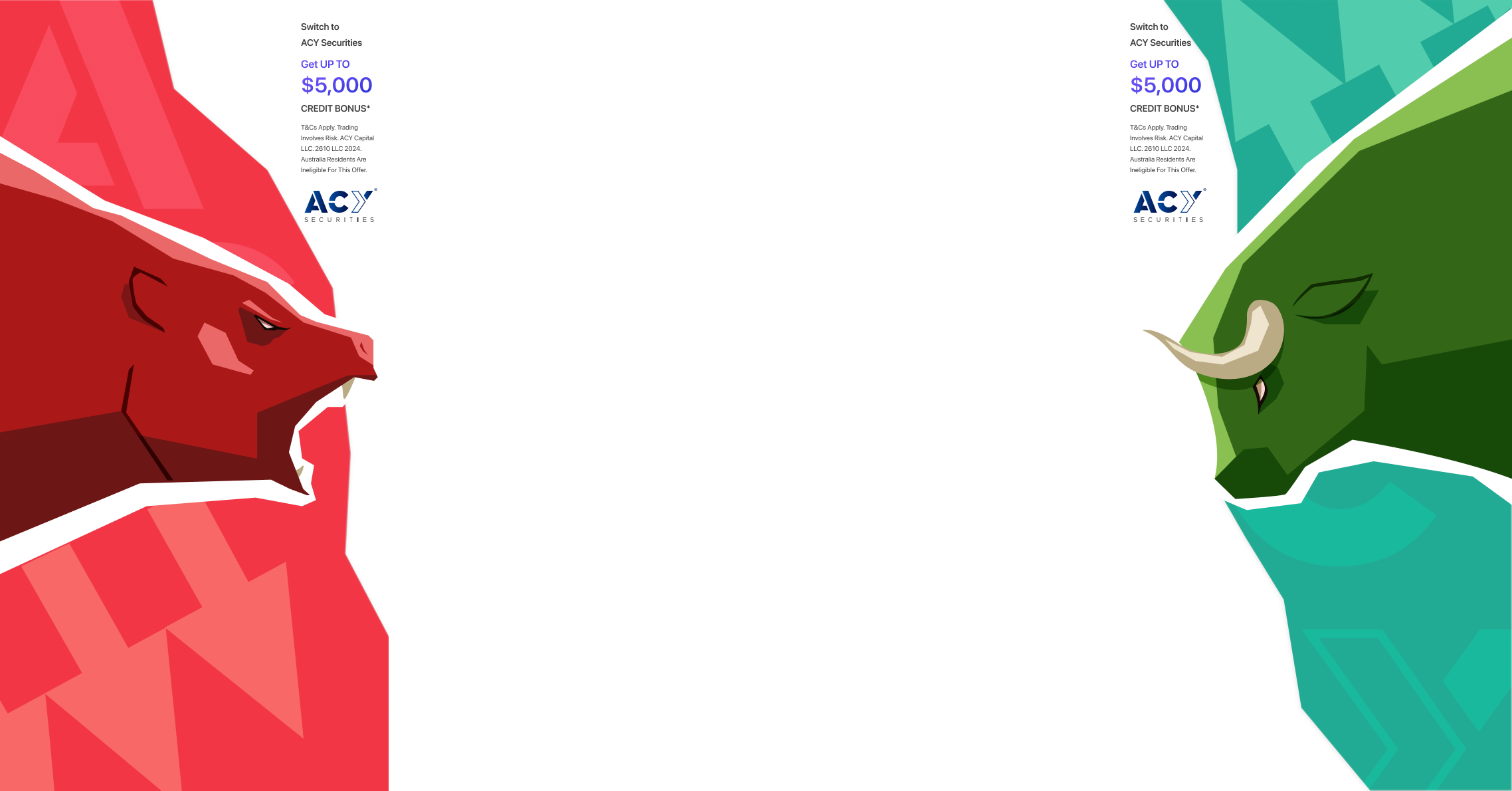EUR/USD Weekly Review Euro Gains Amid Complex Political and Economic Developments
The euro demonstrated moderate gains against the US dollar over the past week as global market dynamics shifted due to key political and economic developments across Europe. The EUR/USD currency pair continues to trade within a higher range, influenced by evolving sentiment regarding central bank policies and regional political factors. The tug-of-war between the European Central Bank’s cautious stance and the Federal Reserve’s more aggressive rate-cutting strategy has been the driving force behind these movements.
EURUSD
Source: Finlogix Charts Eurozone Economic Outlook and ECB's Policy Decisions
All eyes are on the upcoming European Central Bank (ECB) meeting, which has emerged as a pivotal event for the euro’s trajectory. I’m widely expecting a 25-basis point rate cut, but the ECB's cautious approach leaves room for surprises. While inflation in the eurozone has shown signs of easing, the ECB remains vigilant, taking measured steps to address economic uncertainties. Back in June, the ECB forecasted inflation rates at 2.5% for 2024, with a gradual decline expected in the years following. Recent wage growth data, which suggests a slowdown in labour costs, strengthens the ECB's inclination toward a gradual policy adjustment rather than an abrupt shift.
ECB Rate Decision Thursday
Source: Finlogix Economic CalendarIf you ask me what I think the rhetoric would be, I say data depended… something around those lines; a cautious outlook, stressing the need for continued vigilance on inflation control. Her communication is expected to echo the central bank's methodical stance, reinforcing that any future rate cuts will be assessed on a meeting-by-meeting basis. Lagarde may also signal that the ECB is still some distance away from achieving its long-term inflation targets, making further rate cuts necessary as part of the bank's broader strategy.
Political Gridlock in France Lead to a Minimal Market Ripples So Far
Political uncertainty in France continues to loom, although its effect on financial markets has been relatively muted. The recent appointment of Michel Barnier as France's prime minister generated some initial speculation over its potential impact on investor sentiment. However, any substantial market reaction has been largely subdued, with the OAT/Bund spread remaining stable. This is likely due to the ongoing scepticism regarding France’s ability to push through substantial reforms in its current political climate.
French President Emmanuel Macron and Prime Minister Barnier face mounting challenges, particularly in managing the nation’s high public debt. France has triggered the EU’s Excessive Deficit Procedure, placing additional pressure on its fiscal policy. With an October deadline looming for presenting a credible deficit reduction plan to Brussels, the stakes are high. Investors are closely watching how France handles these negotiations, though immediate repercussions seem unlikely as the EU undergoes its leadership transition.
US Dollar Weakness with the Fed’s Aggressive Easing Cycle
The US dollar has been losing ground amid growing market expectations that the Federal Reserve will embark on a more aggressive easing cycle. The Fed faces mounting pressure to lower rates, with markets pricing in a potential 100-basis point reduction by the end of the year. Recent labour market data in the US has underscored weakening economic momentum, bolstering the case for more decisive action by the Fed.
DXY
Source: TradingView In contrast to the ECB’s more conservative stance, the Fed is expected to implement a faster pace of rate cuts, contributing to the euro's recent strength against the dollar. This divergence in central bank strategies has been one of the key drivers of the EUR/USD movement. The lower US yields resulting from anticipated rate cuts are making the dollar less attractive to investors, providing additional support for the euro.
EUR/USD: Looking to Higher Prices
Looking forward, I’m expecting the EUR/USD pair to continue trading within its current range, with a positive outlook for the euro. Continued weakness in US economic indicators, combined with expectations of aggressive rate cuts by the Fed, will likely bolster the euro’s position. If the ECB maintains its cautious approach to monetary policy while France’s political situation stabilizes, the euro could see further upside against the dollar.
CME FedWatch
Source: CME In summary, the differing monetary policy approaches between the Fed and ECB remain the primary forces driving the EUR/USD pair. The euro’s relative strength is set to persist as long as the Fed continues its rapid rate-cutting trajectory, while the ECB adopts a slower, more measured approach. Political events in Europe, while contributing to regional uncertainty, are secondary to the larger global economic shifts influencing currency markets.
This content may have been written by a third party. ACY makes no representation or warranty and assumes no liability as to the accuracy or completeness of the information provided, nor any loss arising from any investment based on a recommendation, forecast or other information supplies by any third-party. This content is information only, and does not constitute financial, investment or other advice on which you can rely.





















